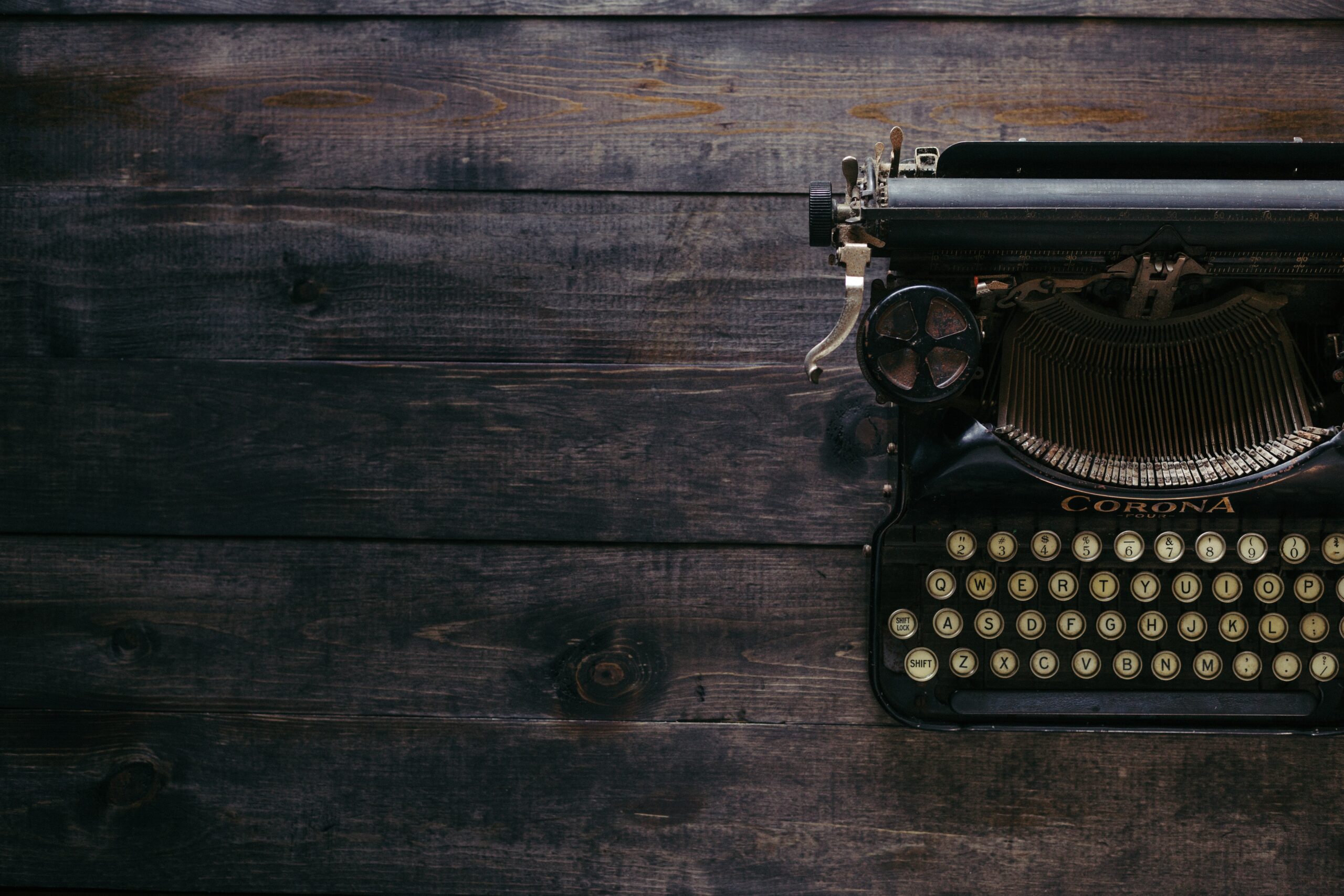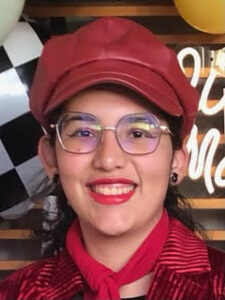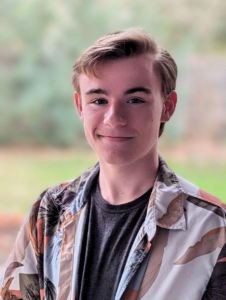
Youth Writing Contest Winners
Marina Gamboa, 10th Grade, Polaris

In the passage of time, the earth’s somber decline, A symphony of sorrow, in nature’s grand design. Two million creatures, then one, then none, Their silent whispers fading, ‘neath the blazing sun.
In searing heat and winter’s icy grasp, Nature’s vibrant hues begin to clasp. Amidst the tumult, the media’s desperate plea, “Give up!” they cry, a call to break free.
Yet amidst the chaos, a whisper serene, Hope’s gentle echo, in darkness unseen. Hope, hope, HOPE, its resounding call, A beacon of light, rising above all.
But news of coral’s fate, a mournful song, Two hundred wolves, in struggle, lifelong. Humanity’s folly, our own undoing, As nature’s tapestry begins its unraveling.
Yet we stand firm, refusing to yield, For hope and change, our hearts have sealed. To pass to our kin, when all’s been told, The legend of creatures, courageous and bold.
Give up, give up, they chant in despair, Yet hope’s steadfast flame, we shall bear. Change, to reshape destiny’s decree, Hope, the guiding star, for all to see.
In the aftermath of fire, life finds a way, Fauna resilient, in the light of day. Emerald blooms amidst the ashes’ gloom, Nature’s silent resilience, in full bloom.
Fireweed twirls, Lupine in array, Goldenrod’s brilliance, brightening the way. Ceanothus paints the landscape, serene and grand, As morels emerge, life’s enduring stand.
In the cycle of life, amidst trials and strife, Fauna rises, embodying the essence of life. We, too, must rise, it’s not too late, To shape our destiny, to alter our fate.
For the future of our home, in the starlit sky, Let us heed nature’s call, let our spirits fly. In this vast cosmos, amidst stars afar, Our earth, our jewel, we must tenderly guard.
What can we do? But stand and lend a hand, Amidst the chaos, in this troubled land. To hold each other, and lift with care, Together, in unity, facing despair.
With open hearts and hands, let’s bridge the divide, In solidarity, let hope’s flame abide. For in giving, we receive and believe, In kindness and compassion, we truly achieve.
What can we do? But stand and lend a hand, In solidarity, let us firmly stand.
The Eco-Contract
By Nicholas Luca, 9th grade, Rocky Mountain High

What do we owe to each other? A question presented by Minouche Shafik — president of the University of Columbia — in her writing. This question will challenge your understanding of society whether it strikes you as enlightening, or dull and answered. It personally presented itself to me in a way I like to think unique. I wouldn’t see it fit to coerce an audience into a specific viewpoint regarding this subject, partially because it’s very intricate, and otherwise open to interpretation.
To summarize the text, the foundation for the writing of Minouche Shafik is the concept of a social contract. A social contract consists of what a given society sees fit to mutually regulate the community. This may often mean support and education for children, those who are unemployed, or the elderly. This in turn however demands the work and support come from those at middle ages in the working class. The social contract also includes laws that regulate the actions of individuals in a community. Altogether, the social contract regulates the relationship between people; thus, we need it to support generations of adapting to a socially-dependent lifestyle. So we rely on community, we’ve agreed on mutual regulations, and we owe it to our neighbors to act towards them how we wish others would act to ourselves. This relationship is what holds society together, it keeps a sort of balance, and self preservation. After looking at this relationship layed out and dissected, it is worth realizing that we as a community don’t share this relationship with the Earth.
We see it fit to take from that of which supplies us, with little to no return. We have created no contract with the Earth mutually, and we don’t respect the coexistence and dependency that we have created by monopolizing natural resources. Nature can’t form a mutual contract, it simply provides, which is why the community must recognize and esteem the responsibility that is maintaining the balance of giving and taking. It is through giving to the planet, the way it has given to us, that we will find peace within our ecosystems and society. What we owe to the Earth, is what we owe to ourselves. There is no shortage of mission statements and claims that will provide the Earth with a better tomorrow, however I would like to voice that the Earth deserves a contract with us, the people, made by us the people.
A community contract of course would be a difficult thing to make, much less impose on people who simply don’t see the ideas fit for their day to day lives, or even people who do not wish to take part in such a movement. But then how would we as society repay the planet and what we owe to it without creating some sort of commitment to our debt. This problem, after carefully analyzing it, has a sure-fire solution. Just as any legitimate solution, it takes effort, but it’s nothing more, nor equal to what we need to be doing. That being said, I would be proud to say that I come from the town in which originated the Eco-Contract. The idea of this Eco-Contract is fairly simple, each year on Earth Day, everyone will mutually agree to add a single item of sustainability to a personalized list. An action, a commitment, or something in a way like a New Year’s resolution that someone thinks they could realistically implement into their lifestyle. As this progresses, everyone would be adding more and more items to the list, such as making sure to know what to recycle, or maybe, going on weekend walks to pick up litter. Even small contributions to this idea would be a huge help in the fight against the changing forces of our Earth. It is with this that a full swarm, a collective power of the community, can absolutely create a lasting impact on our world.
So as a recipient of this message, and audience to this innovation, I would urge anyone who hears this to take part in this new practice, and hopefully tradition. Spread the idea, get everyone doing it. There’s nothing wrong with helping the Earth, and as a member of the community, it is not as if you are an innocent bystander to the changing climate, because everyone creates demand. It is because of this that I call on the community to help us, Fort Collins, and the entire global community, to achieve the Eco-Contract, and the dream of a better future.

